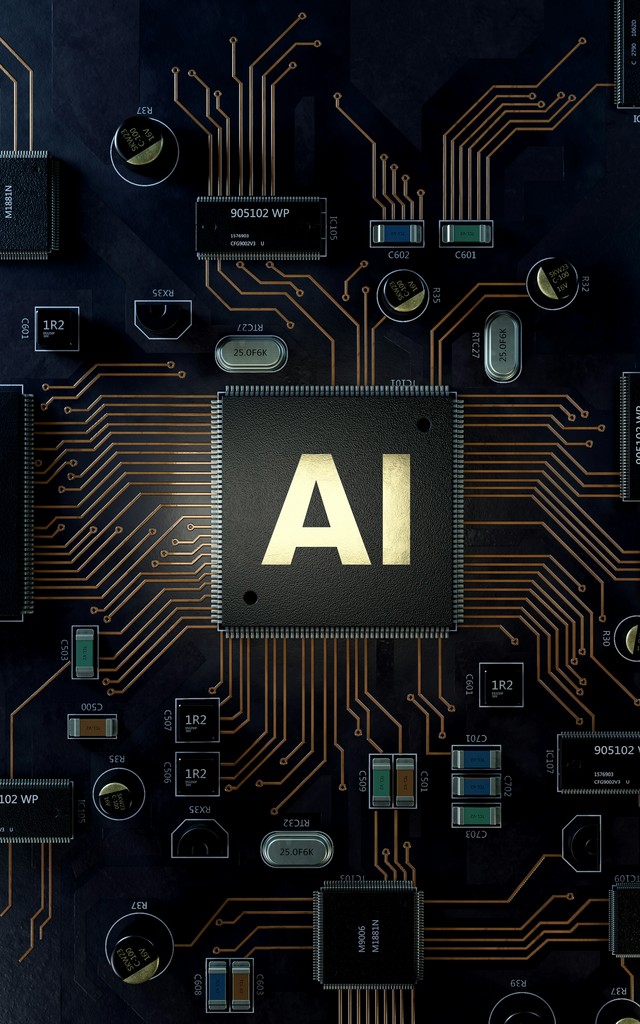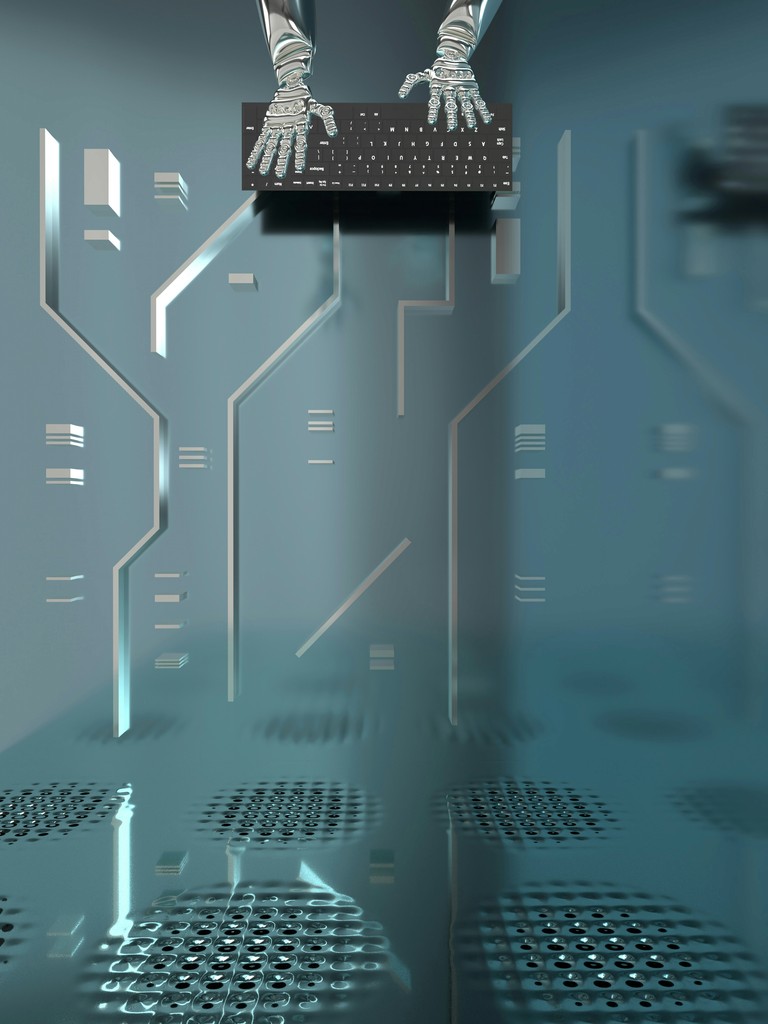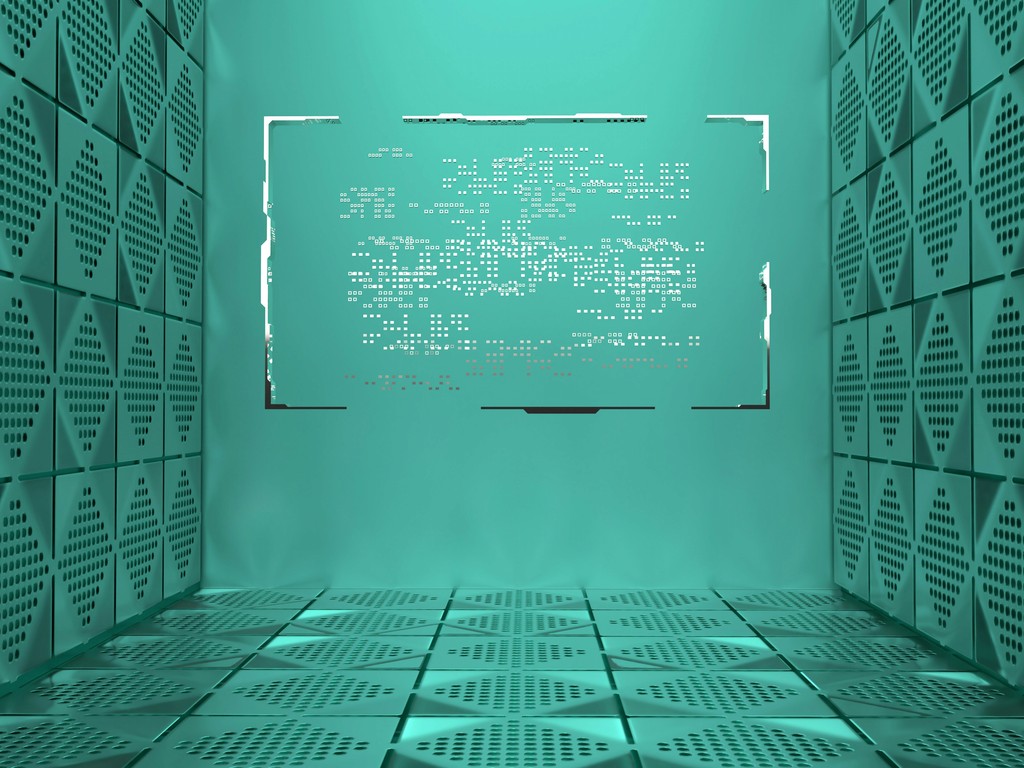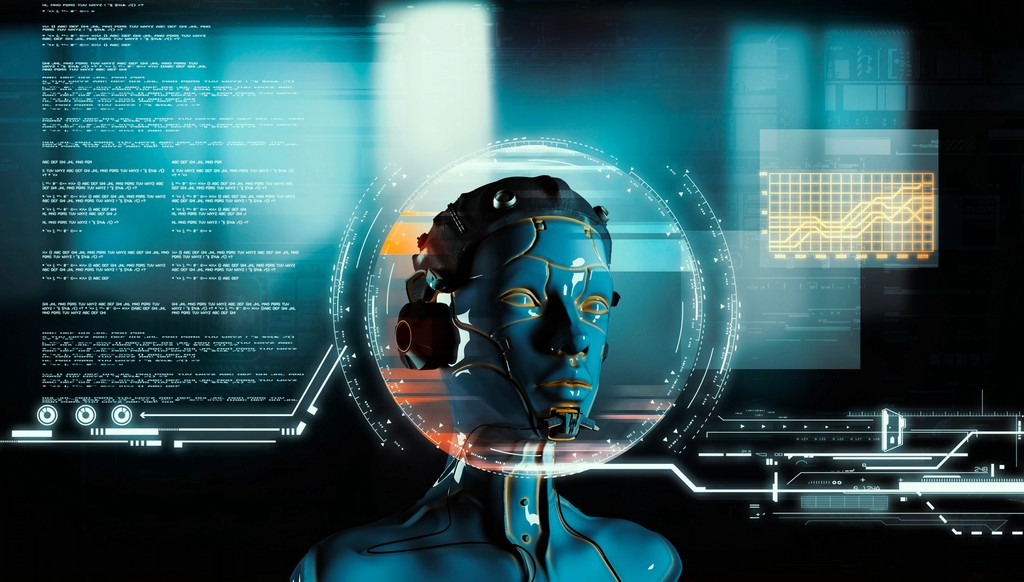
Ryan
May 18, 2024
Revolutionize the Way You Preserve Memories
Memories can be considered the most valuable possessions as they contain the most valuable time and relationships. Whether you want to record your parents' experience, document time spent with family members, or find the latest and most effective technological products for patients with Alzheimer's disease, there is no better time to use technology in memory keeping.
In the contemporary world, characterized by constant change and rapid development, we have observed the development of unique approaches to preserving memories. Past practices include conventional photo albums and penned messages in letters that fade with time. Today, people can use high-tech gadgets and devices to record and preserve moments that are most dear to them in the most efficient ways.
Welcome to the new and inspiring adventure – the world of digital memory preservation platforms that use cutting-edge technology to tell a heartwarming story. A heartwarming account of individuals' success in the development of AI, prepare yourself to be motivated by how these platforms are changing the world and people's lives for the better.
Okay, let me tell you how to record one's parents' memories and provide the best care for Alzheimer's patients. Make it simple!
The significance of keeping memories
It means memories are the stitches that make a tapestry of a person's life and tie one to their past. Thus, they contain the joy, the sorrow, and the life that forms the essence of each person. It is not just a form of nostalgia; it is a way to pay respect to ourselves and future generations so they know what we went through.
Memories can be defined as the best things one can experience in life, as they can take one back to the past and remind them of the good times. That they had with their family and friends who are no longer alive. It is the source of our pride and gives us a feeling of security in life's challenging moments. Thus, when we preserve memories, we create a material connection between generations and share memories, values, and customs for future generations.

Moreover, memory preservation is one of the most valuable therapeutic activities that has no parallel. For patients who have Alzheimer's or dementia, it is expected that recalling experiences may help cognitive function and the patient's mood. It assists in preserving the individual's identity when they are struggling with memory loss by creating reference points in the new environment.
In a society characterized by rapid change and people's tendency to have short and transient communication through technology, it is crucial to maintain memories to enjoy life's simple but sweet moments. It promotes people's consciousness to make them think about what they value most – the memories of love spent with family members, achievements that have been accomplished together, or lessons learned in life.
Success stories and testimonials
Here is Sarah, a woman who wants to capture the image of her father because he has Alzheimer's disease. She wants to remember him before his memory disappears. She discovered the modern digital memory storage system and thought it was worth a try.
This innovation enabled Sarah to capture her father, telling her stories about his childhood. The website then employed artificial intelligence to convert these crucial events into text form and classify them for optimum retrieval.
Sarah was somewhat surprised by how intuitive and easy the platform navigated. It enabled her to record her father and add pictures and videos associated with those memories. These moments were precious for Sarah, as she could always have them with her whenever she wanted.
But it wasn't only Sarah who could get tremendous help from this perfect solution. Mark, a man with dementia, turned to listening to the recordings of himself before he started experiencing the disease's effects. This, in a way, allowed him to retain his identity and feel that he was still the same person he was before the accident.
The digital memory preservation platform's positive effect was not limited to persons with dementia or Alzheimer's disease. Some families recorded their history on it to transfer it to the next generation, and so on.
Furthermore, the scientists focusing on neurodegenerative diseases appreciated this effective solution since it offered them much information for memory and cognitive impairment research.
The following success stories prove that technology efficiently maintains our precious memories. When these moments are recorded, they will be recovered even if problems are encountered in the future.

Future advancements and update
It can only be expected that the memory preservation process will develop rapidly due to the constant evolution of technology. Several exciting trends will likely change the way we rescue memories.
Another one is artificial intelligence (AI) and its relevance to the care of patients with dementia. AI has been found to be quite effective in engaging with big data, such as patient data or genomic data, to identify the signs of deterioration in cognition. Thus, with the help of AI, caregivers will be able to prevent memory-related concerns from escalating.
Another area with huge potential is Virtual Reality (VR). It helps people recall or create the events in their lives that they or others want them to live through in a virtual reality environment. How would it be to be able to take a trip back to your childhood home or visit your favorite vacation place in a life-like manner? All this and more is possible with virtual reality.
Wearable devices are also expected to significantly influence memory preservation shortly. These devices can track and record the individual's vital signs, sleep, or even brain waves, which can help assess the person's health status. This technology can also be applied not only to the identification of disease at an early stage but also to the individualized prevention of cognitive decline.
Conclusion
Thus, thanks to the digital platforms discussed in this article, creating and storing memories has become more convenient than ever. These platforms use artificial intelligence to care for people with Alzheimer's and other forms of dementia.
There are some reasons why AI is useful in dementia care: Artificial intelligence and machine learning allow these platforms to process large volumes of data to develop individualized experiences that enhance the brain and, thus, the quality of life of patients.

The following are some success stories of families who have used these digital memory preservation platforms to create a strong bond between Alzheimer's patients and their families. Physical contact with memories has a therapeutic effect on the patients and positively impacts the patients' caregivers.
In the future, this area can expect to develop even more vigorously. Future updates can promise a better and more convenient interface, accessibility functions for the elderly or people with disabilities, and the ability to connect with other smart devices at home or in a clinic or a hospital.
